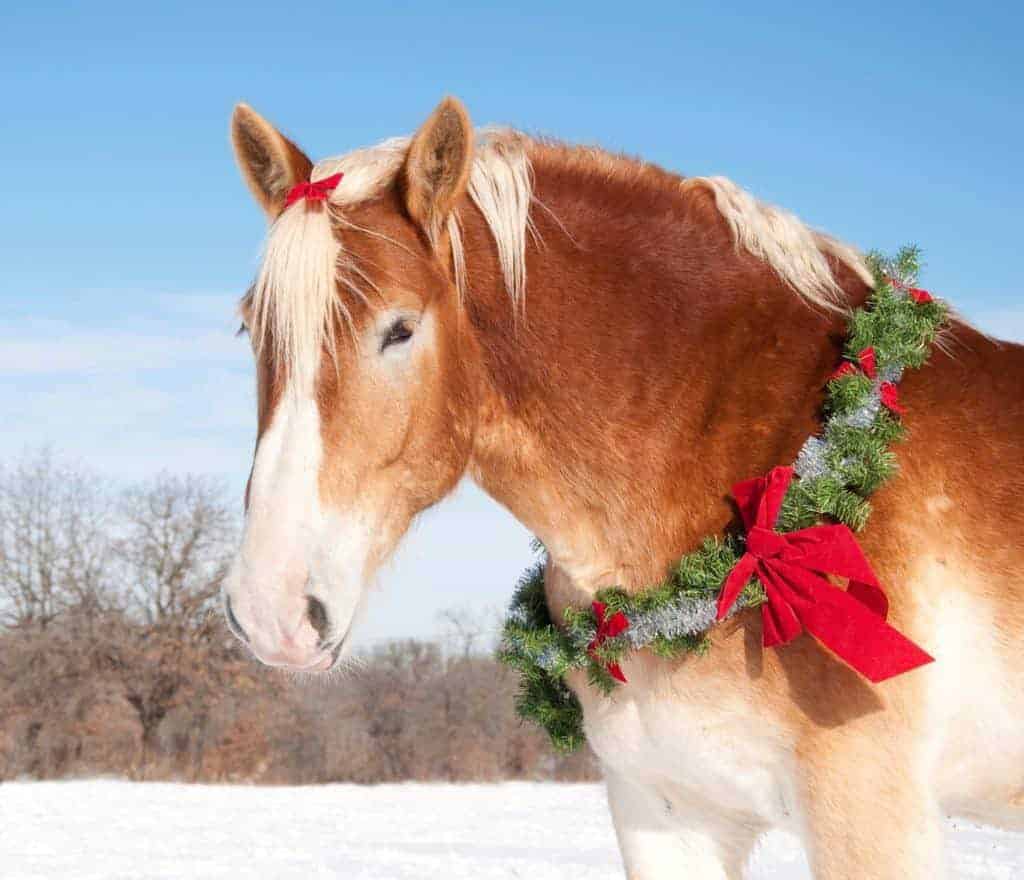
How Can I Change My Horse’s Hay Safely?
An equine nutritionist explains the best way to switch your horse to a new hay and what to do if you have limited hay storage.

An equine nutritionist explains the best way to switch your horse to a new hay and what to do if you have limited hay storage.

An equine nutritionist explains why you should consider your individual horse’s needs and forage source before choosing a ration balancer.

Can feeding hay cut later in the season lead to impaction colic in horses?

Sometimes mares don’t produce enough milk to support their foals’ demands. Here’s what you can do to help.

Get tips for ensuring your horses gets the nutrition they need without eating all your money.

Not all carbohydrates are created equal, and “low-carb” definitely doesn’t mean “no-carb.” A nutritionist explains.

A podiatrist gives his tips for keeping a horse with chronic laminitis and equine metabolic syndrome comfortable.

A nutrition expert offers advice on preventing weight gain and boredom while a hefty horse is on stall rest.

An equine nutritionist shares tips to reduce impaction colic risk in senior horses, focusing on hydration, digestion, proper feeding practices, and more.

Proper shoeing aligns with a horse’s conformation and job, enhancing natural abilities with minimal interference.

Researchers found that a herd of Icelandic horses survived after their water source froze amid snowstorms. But, as a rule, horses should always have access to fresh water.

Should you adjust your horse’s diet if he will have time off during winter? What changes are safe to make? An equine nutritionist explains.

An equine nutritionist explains why beet pulp might be a useful addition to your senior horse’s diet, especially during colder months.

Horses with certain health conditions should skip sweet treats. Find out if your horse is one.

Here’s what might be on your senior horse’s wish list this year.

Horses that are used to being on pasture during the spring, summer, and fall might experience nutrient deficiencies during the winter.
Stay on top of the most recent Horse Health news with
"*" indicates required fields